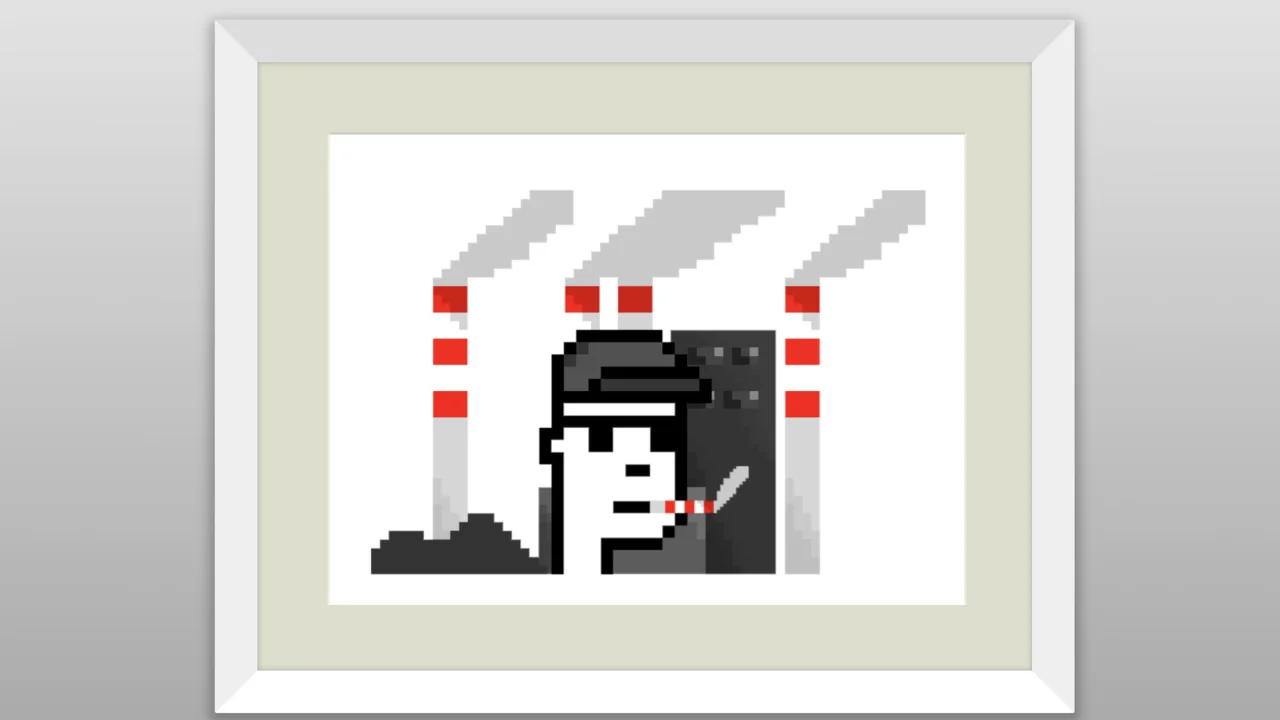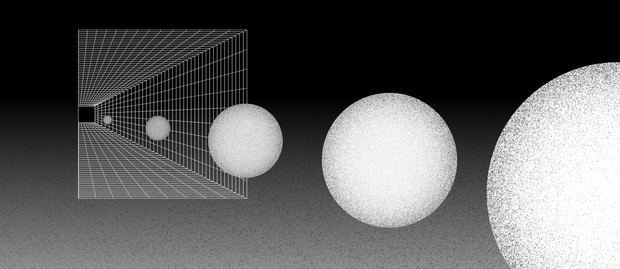
NFT Legal Issues: A Primer for Buyers, Sellers, and Creators
Since their emergence, non-fungible tokens (NFTs) have become a source of concern for many galleries and artists over their intellectual property. As with any new technology, there were no regulations to effectively oversee the market, which made it more susceptible to fraudulent activities.
However, the NFT market has gradually developed mechanisms and legislation to protect intellectual property, leading to a decrease in cases where NFTs were stolen, plagiarized, or unlawfully merged with artworks. As a result, the target audience of this new technology has constructively reexamined its value.
Let’s delve into the legal field of NFT acquisition together and discover how the industry regulates the matter of intellectual property, how to protect your artwork, and how NFTs are taxed.
What Are NFTs?
First and foremost, we should define what NFTs stand for. NFTs are digital assets that utilize blockchain capabilities to provide owners with immutable proof of ownership and a transparent digital ledger documenting all transactions they have been involved in. Moreover, NFTs are not interchangeable, as they possess unique metadata and identification codes in contrast to fiat money.
During the creation process, NFTs can be merged with various items that may or may not be the subject of copyright. For example, in the art industry, these items can include paintings, statues, photos, or any other artistic expression that can be digitalized. As a result, NFT owners not only receive means to verify their rights on these digital assets but also preserve artworks in the virtual realm and potentially access a diverse range of monetization opportunities.
However, sellers and buyers should understand that NFTs, on their own, don’t grant ownership of the physical objects they represent. Depending on the terms of each separate deal, buyers receive certain rights over their digital assets. Nevertheless, in most cases, if not always, all intellectual rights to the item remain in the hands of the actual creator.
Two Pillars of NFTs Regulations: Intellectual Property and Licensing
Intellectual Property
The World Intellectual Property Organization defines Intellectual property (IP) as creations of the mind, such as inventions, literary and artistic works; designs and symbols, names; and images used in commerce. Items considered intellectual property are protected by dedicated regulations and protocols, which prevent illegal use or unauthorized credit.
As NFTs utilize various assets during their minting process, they are also subject to laws regulating intellectual property. Therefore, most legal NFTs are created in several ways:
- Galleries or artists partner with a specialized marketplace like Digitised.Art to tokenize and sell their assets.
- Individuals or organizations hire artists to design items that will be tokenized.
- Individuals or organizations utilize various tools to create assets for tokenization (some tools, like AI, may not be 100% legal as they generate art based on existing works without creators' consent. As a result, it may seem similar to stealing art for NFTs).
As a result, being the rightful owners of the original assets, organizations and individuals can assign intellectual property rights to their NFTs, which control how buyers can utilize them. In addition, smart contracts integrated into tokens allow owners to seamlessly transfer pre-defined rights to buyers without the need to sign additional contracts.
Ultimately, although defining intellectual property rights for NFTs isn’t obligatory, we highly encourage you to thoroughly examine present options. It allows buyers to receive more than basic rights on their digital assets, establishing more meaningful connections, laying the foundation for future deals, and fostering creativity.
Licensing
As we previously discussed, owners of original assets have complete control over their intellectual rights, including NFTs merged with their digital assets. However, when selling NFTs, the actual owners grant buyers certain rights that allow them to display, modify, resell, or use them in commerce. There are several types of licensing, among them:
Personal
This type of license allows buyers to use NFTs only for non-commercial purposes. This means collectors can display NFTs on social media, print and use them as decorations at home. For example, Twitter even provides unique frames for users who use NFTs as their profile pictures.
By purchasing tokens, creators may not always be able to determine the type of license. So, if specific rights aren’t disclosed during negotiations or purchases, collectors should assume that they have only personal licenses and can’t use NFTs for commercial purposes.
Commercial
On the contrary, buyers who receive a commercial license can utilize their NFTs for a broad range of purposes, while the original creators or owners retain ownership over original assets. Depending on the predetermined terms, NFTs can provide rights to sell merchandise, create content, or promote services and products with NFT files. However, such licensing may require buyers to pay royalties, ensuring that the original creators receive due compensation for their work.
Alternative
Alternative licensing can be considered as the middle option between personal and commercial. Utilizing this license type allows original creators to enable freedom of expression while keeping monetization out of the deal.
For example, the Attribution-NonCommercial 4.0 International (CC BY-NC 4.0) license allowed buyers of Kelly Milligan’s NFTs to remix, transform and build upon the material without significant restrictions. The only two conditions were directed toward crediting the artists and not using NFTs for any commercial purposes.
Partnering with a specialized company allows organizations and individuals to gain more control over their intellectual property in the form of NFTs. For example, Digitised.Art helps both art institutions and their affiliated artists navigate the NFT realm with ease and confidence by advising them on the best practices, guiding them through due diligence, and facilitating communication with buyers. As a result, both parties achieve their goals and optimally handle intellectual property rights.
Illegal Activities: Laundering and Fraud
At the moment, initial concerns over how to protect artwork have been resolved, as marketplaces like OpenSea have started conducting more meticulous background checks on NFT creators. However, to make art collecting in the NFT market as secure as possible, individuals and organizations must adopt a more complex approach.
At the moment, the United States and some members of the European Union are gradually updating their legislations to include NFT protection instructions, enabling not only the market itself but also responsible governmental institutions to respond to potential issues. However, two unresolved global issues remain for all lawful participants in the NFT market: money laundering and theft.
Money Laundering
As cryptocurrencies make buyers and sellers more anonymous than fiat money, criminals utilize this feature to launder funds by creating several accounts and selling NFTs between them. As a result, they can manipulate other collectors into buying their asset, which popularity is supported only by self-made transactions.
At the moment of publication, this type of fraudulent activity hasn’t been fully addressed . One of the reasons is that there is still no clear classification of NFTs in the law, which means governmental institutions can’t enforce existing regulations.
Theft
The same situations with more individualized crimes of stealing NFT art become visible only in cases of public coverage and consistent pursuit. Otherwise, the chance of returning your property is low. For example:
- Phishing is one of the most common scams in the digital realm, and the NFT market isn’t an exception. Scammers send a fake link and trick collectors or organizations into using it, gaining access to their artwork wallet and stealing assets.
- Rug-pulls require criminals to create hype around NFT offerings, receive payment, and then vanish. Although it is a relatively popular fraud, it’s easy to completely avoid even the potential of being scammed by rug-pullers. All you need to do is to purchase NFTs on well-established platforms like Digitised.Art. There, NFT offerings go through proper due diligence and ensure the authenticity of collectors and creators.

NFT Taxation
The same as regulations and protocols dedicated to protecting owners from illegal activities in the NFT market, taxation practices are also in the stage of development. NFTs can be taxed in completely different ways depending on the country, requiring organizations and individuals to approach the topics carefully.
For example, even technologically advanced entities like the United States and within the European Union member countries have yet to find the exact definition for NFTs in the law and determine how to tax them. Nonetheless, they take the first steps. For example, some members of the EU use regular rate VAT to tax NFTs, while the US applies capital gains tax and income tax, which, in both cases, are intended to be temporary solutions.
Our team has already created an entry guide on how NFTs are taxed. So, if you are interested in whether art institutions and collectors should pay taxes for their deals in the NFT market, we highly encourage you to check out our findings.
Although the NFT industry still requires further development in terms of regulations, there is no more secure way to engage with the new market than through the guidance of specialized assistance. More than 50 galleries and their affiliated artists have already put their trust in Digitised.Art to assist them with due diligence, tokenization, and deal facilitation.
Partner up with our dedicated team and discover a secure and convenient way to monetize your creations in a space for valuable artworks.
Related articles





